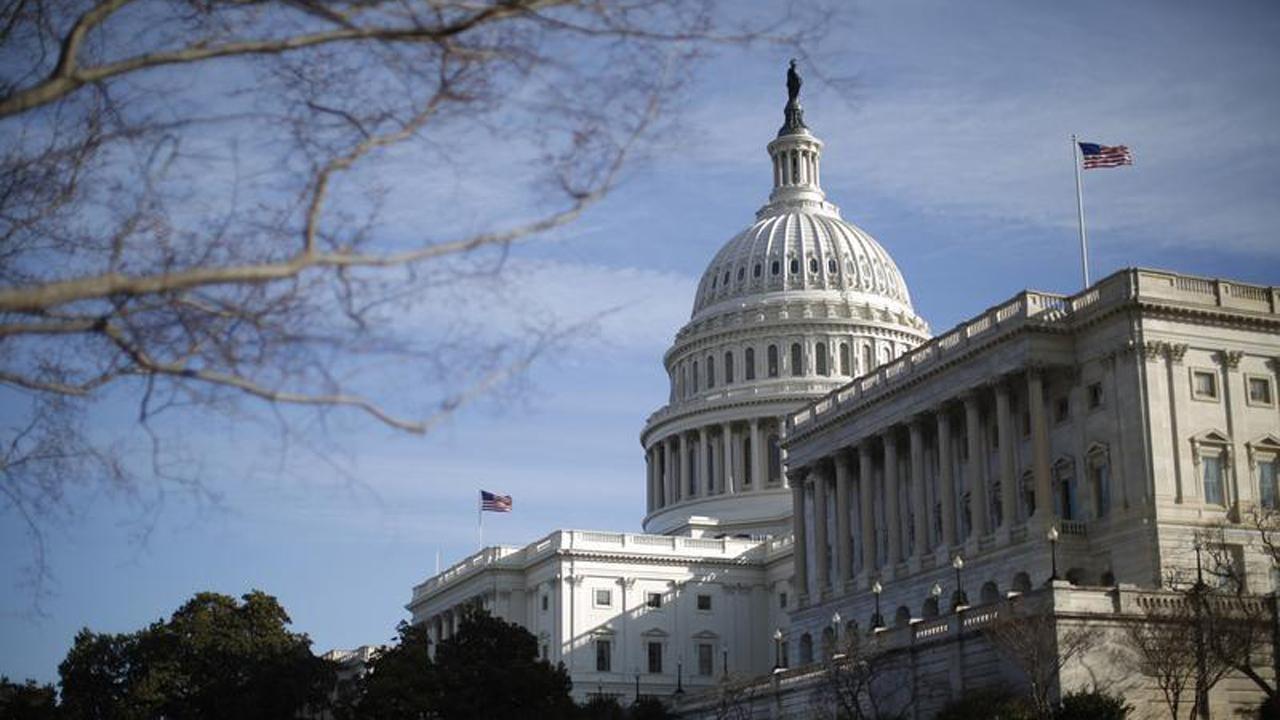Politicians, business leaders should act like they have ‘skin in the game,’ author says
Nassim Nicholas Taleb, a distinguished professor at New York University, tells FOX Business’s Charles Payne that accepting one’s own risk is an essential attribute for world leaders and people in all walks of life.
“There’s no cost to being wrong in any business,” Taleb said. “There are people in macroeconomics, in policy making, abstract fields, who not only don’t pay the cost of the errors, but at the same they don’t learn because they don’t have any cost.”
The recent chemical attack in Syria has escalated tensions among global super power leaders. President Donald Trump on Wednesday signaled that the U.S. will launch a missile attack on Syria, placing him on a potential collision course with Russian President Vladimir Putin.
“Russia vows to shoot down any and all missiles fired at Syria. Get ready Russia, because they will be coming, nice and new and “smart!” You shouldn’t be partners with a Gas Killing Animal who kills his people and enjoys it,” Trump tweeted.
In his latest book, “Skin in the Game,” Talab challenges people in the position of making large-scale decisions to consider policy repercussions. The author argues that the same political leaders who called for an intervention in Iraq and are now calling for the U.S. to intervene in Syria will never pay the price for the consequences of their decisions.
“Traditionally, since Hammurabi and the first laws we have on the books, Hammurabi, you break it, you own. You gotta pay a price for the harm you inflict on others,” Talab said during an exclusive interview on FOX Business’ “Making Money.”
Talab said the same can be said for the financial institutions and governments who continue to accumulate an overbearing amount of risks that eventually explode without any repercussions to the policy owners.
“Let’s think about money printing by the Federal Reserve. These people print because it is the easiest thing to do in office and then they leave and they don’t pay the price and we’re stuck with the bill,” he said.




















